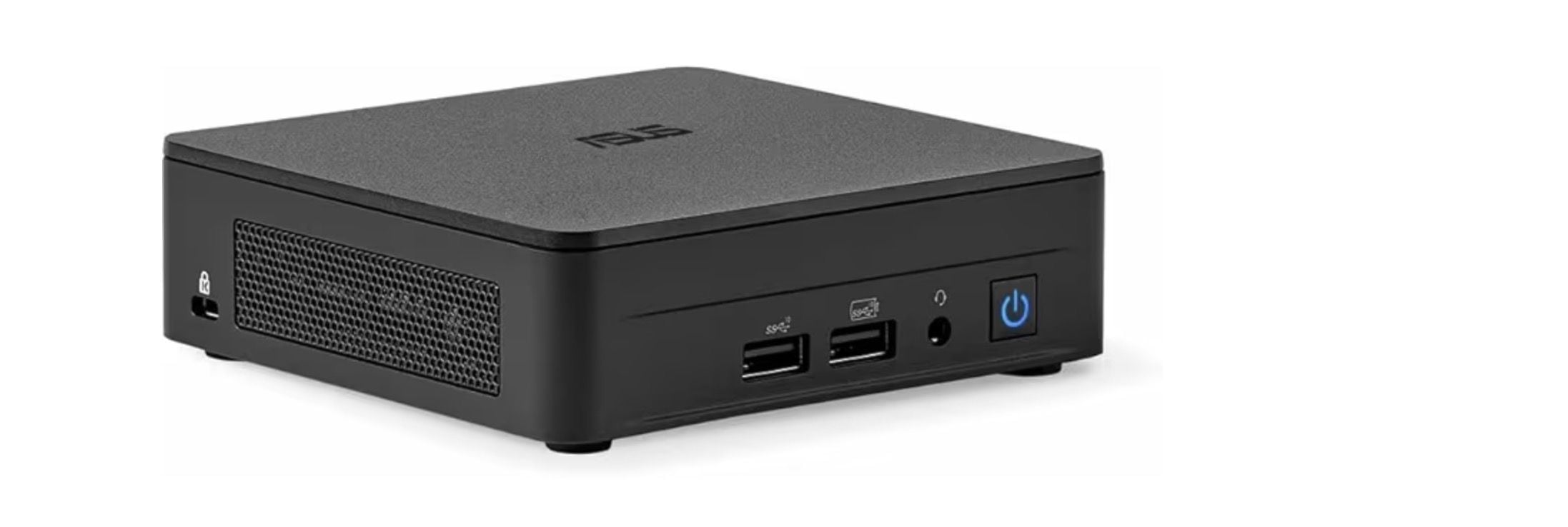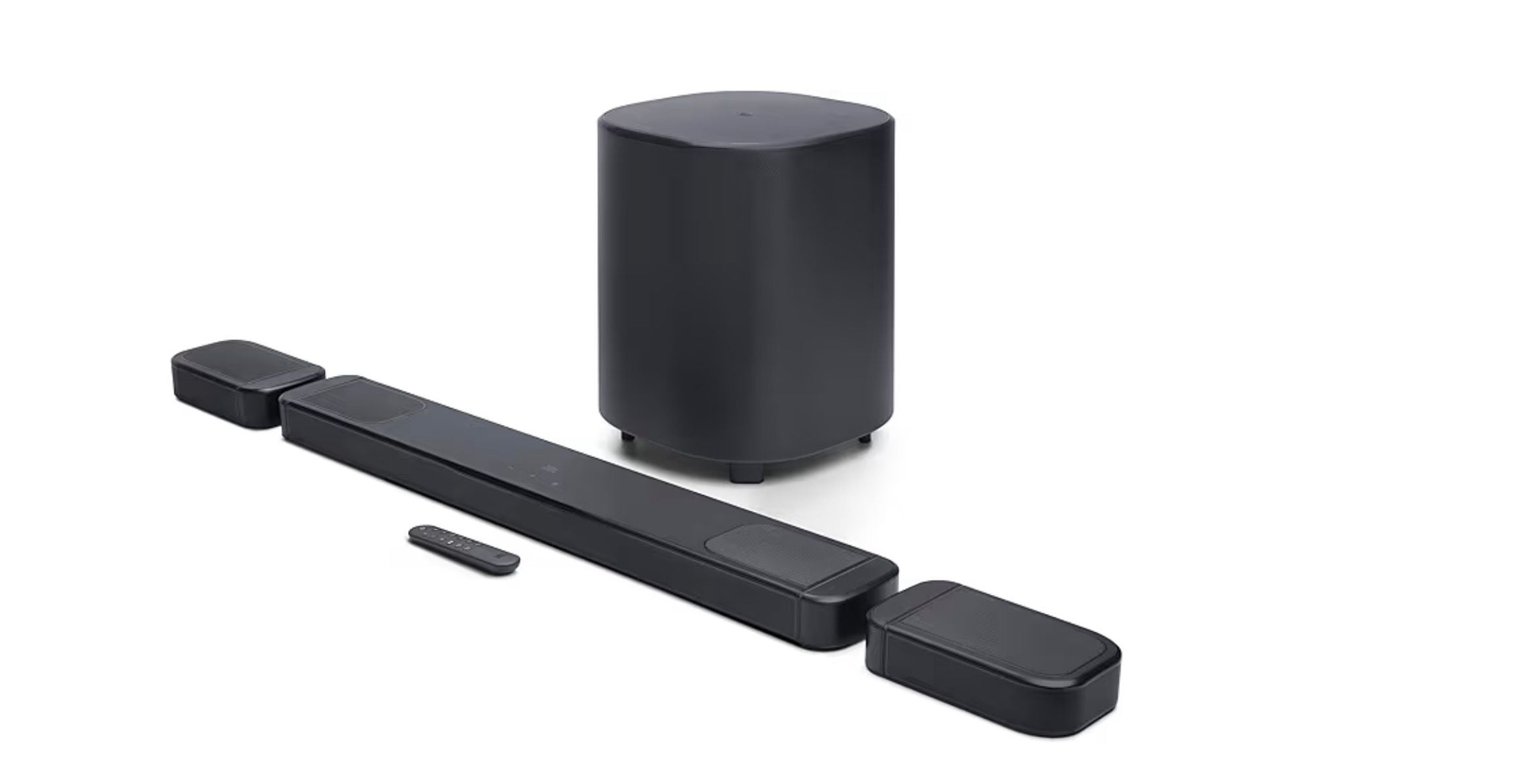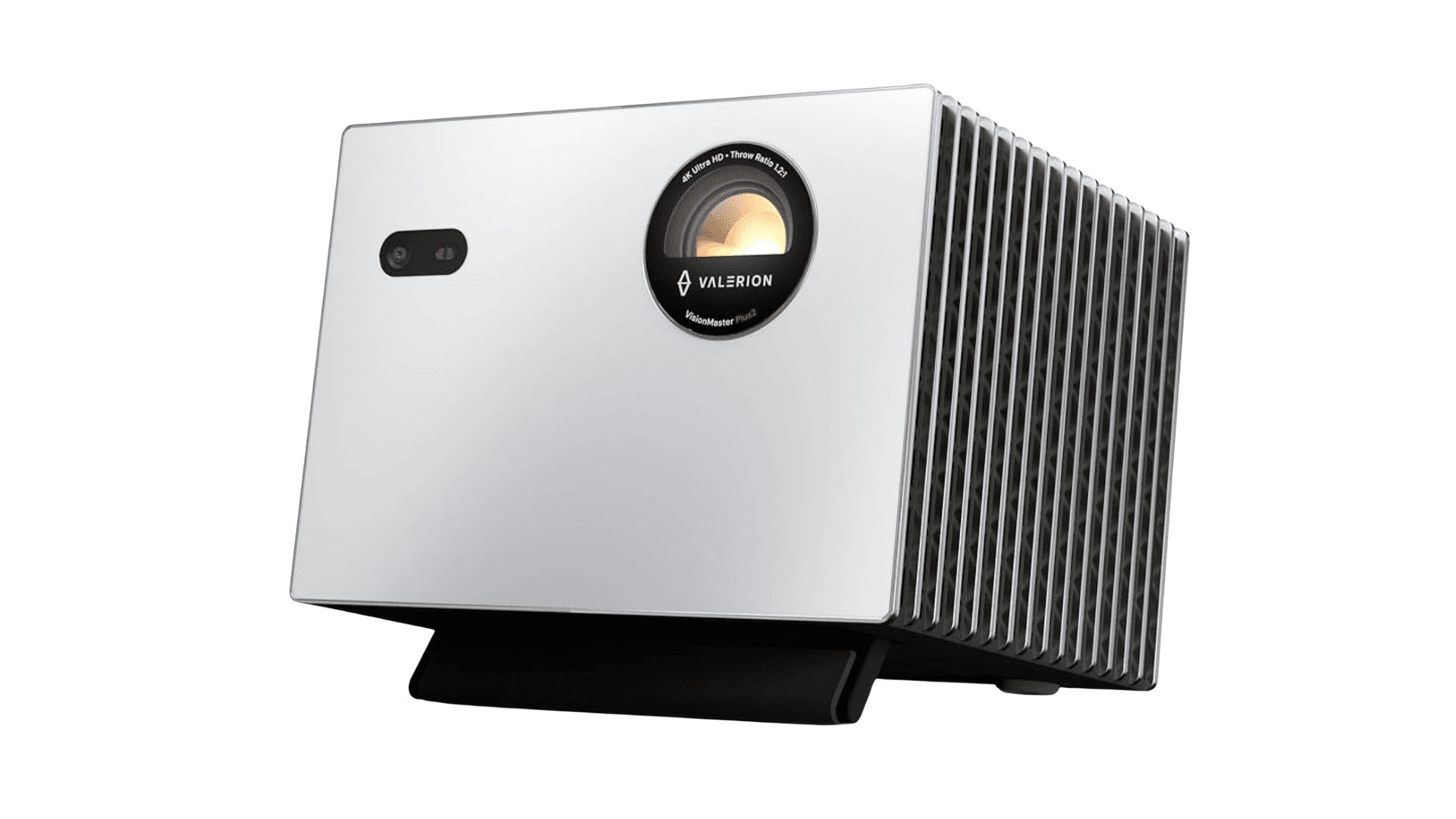Meta is making a major move to take control of its AI destiny by acquiring chip startup Rivos, a deal that could significantly accelerate the company's in-house semiconductor development. The acquisition, announced Tuesday, represents Meta's latest effort to reduce its heavy dependence on Nvidia's expensive AI chips while building out its own custom silicon capabilities.
Rivos brings expertise in building full-stack AI systems, according to Meta's vice president of engineering Yee Jiun Song, who highlighted the startup's capabilities in a LinkedIn post. The Santa Clara-based company, which counts Intel CEO Lip-Bu Tan among its backers, specializes in designing chips based on the RISC-V architecture - an open-source alternative to the proprietary architectures from Arm, Intel, and AMD.
What makes this acquisition particularly interesting is the timing. Rivos was reportedly close to securing new funding at a valuation around $2 billion, according to sources familiar with the matter. The startup had reportedly been seeking new funding at a valuation of around $2 billion as recently as August. Instead of taking that funding route, Rivos is now joining Meta's growing semiconductor team.
This isn't Meta's first attempt to bolster its chip capabilities through acquisition. Earlier this year, the company reportedly tried to buy Korean startup FuriosaAI for $800 million, but that deal fell through when FuriosaAI chose to remain independent. The Rivos acquisition suggests Meta is serious about accelerating its internal chip development, which sources indicate hasn't been progressing as quickly as CEO Mark Zuckerberg would like.
Meta's spokesperson pushed back against that characterization, telling Reuters that "our custom silicon work is progressing quickly and this will further accelerate our efforts." The company plans to expand work on its Meta Training and Inference Accelerator (MTIA), its family of custom-built in-house chip accelerators designed specifically for AI workloads.
The strategic importance of this move can't be overstated. Meta has been spending billions annually on Nvidia GPUs to power its AI ambitions, and developing its own chips could significantly reduce those costs over time. The company has pledged to spend up to $72 billion this year on capital expenditures, much of it going toward AI infrastructure. Just recently, Meta secured a $29 billion financing deal led by PIMCO and Blue Owl Capital to build a massive data center in Louisiana.
What's fascinating here is how this acquisition fits into the broader AI hardware landscape. Rivos was developing its own graphics processing unit optimized for AI inference work, with plans to launch the chip as early as 2026. The company's technology includes both GPUs and multiple CPUs using the RISC-V architecture, positioning it to compete with Nvidia's upcoming Vera Rubin chip.
For Meta, this represents a calculated effort to gain more control over its AI infrastructure at a time when competition for advanced chips is intensifying. The company has been testing its first in-house chip for training AI systems since March, part of a broader strategy to cut infrastructure costs associated with its massive AI spending.
The Rivos team brings experience in building complete AI systems rather than just individual components, which could help Meta accelerate development of its MTIA project. With AI becoming central to everything from content recommendation to advertising optimization across Facebook, Instagram, and WhatsApp, having more control over the underlying hardware could give Meta a significant competitive advantage.
This acquisition comes on the same day Meta announced another major AI infrastructure deal - a $14.2 billion partnership with CoreWeave for cloud computing resources. Together, these moves signal Meta's determination to build out a comprehensive AI infrastructure that combines both in-house development and strategic partnerships.
As the AI arms race continues to heat up, Meta's acquisition of Rivos shows that the battle isn't just about software and models - it's increasingly about who controls the hardware that makes everything possible. For a company spending tens of billions on AI infrastructure, bringing more of that capability in-house could be the difference between leading the pack and playing catch-up.















